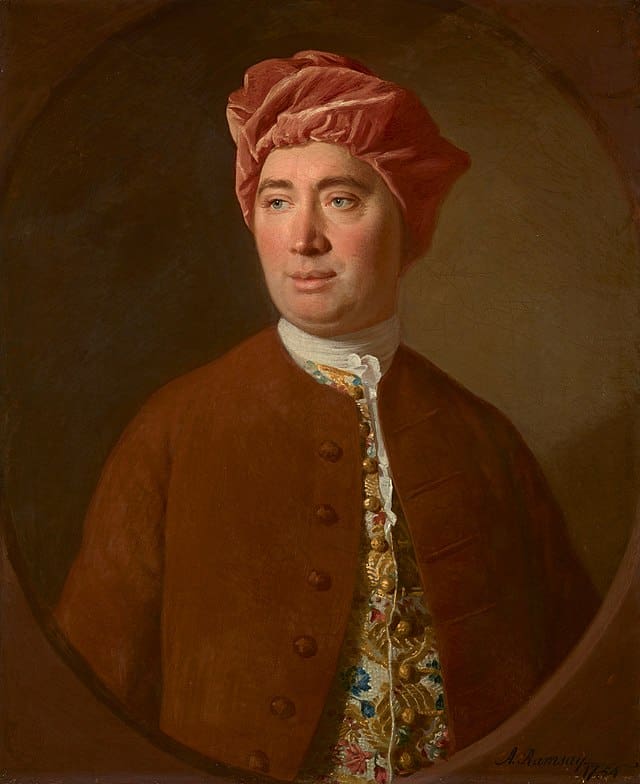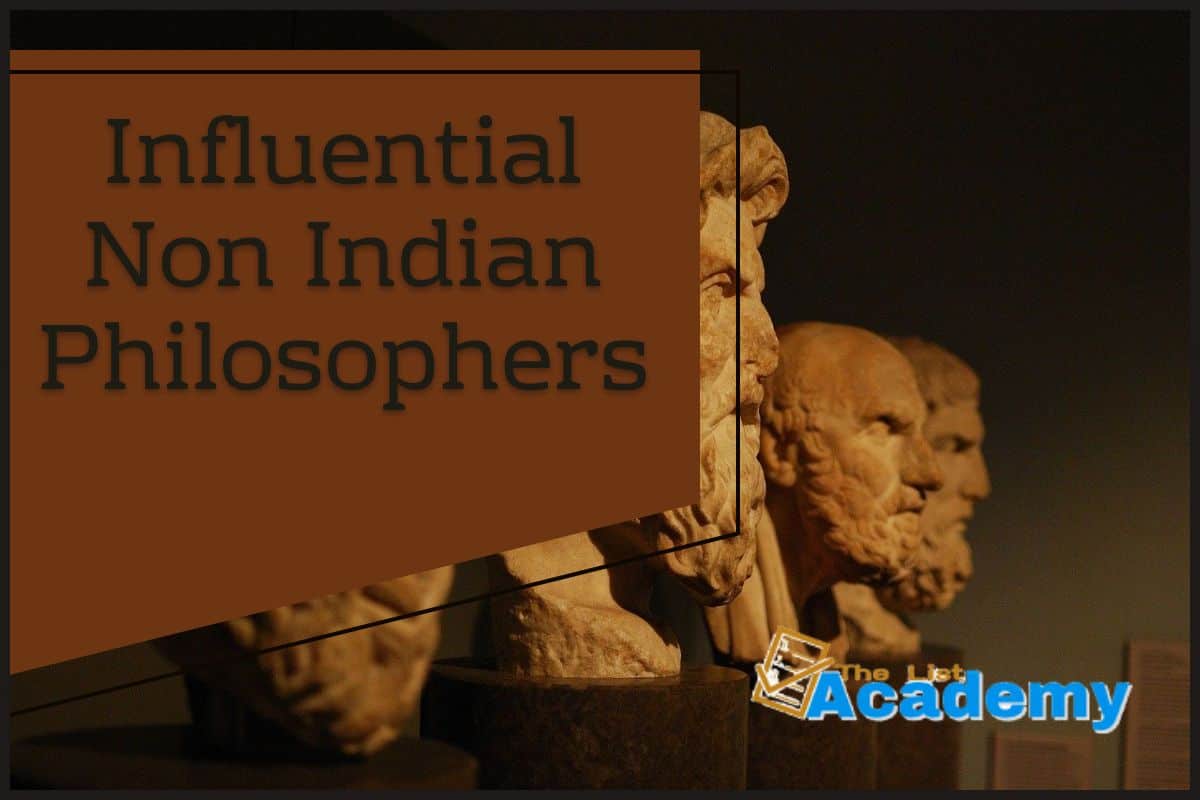
David Hume
David Hume ( 7 May 1711 NS (26 April 1711 OS) – 25 August 1776) was a Scottish Enlightenment philosopher, historian, economist, librarian and essayist, who is best known today for his highly influential system of philosophical empiricism, skepticism, and naturalism. Beginning with A Treatise of Human Nature (1739–40), Hume strove to create a naturalistic science of man that examined the psychological basis of human nature. Hume argued against the existence of innate ideas, positing that all human knowledge derives solely from experience. This places him with Francis Bacon, Thomas Hobbes, John Locke, and George Berkeley, as a British Empiricist.Hume argued that inductive reasoning and belief in causality cannot be justified rationally; instead, they result from custom and mental habit. We never actually perceive that one event causes another but only experience the “constant conjunction” of events. This problem of induction means that to draw any causal inferences from past experience, it is necessary to presuppose that the future will resemble the past, a presupposition which cannot itself be grounded in prior experience.
Lists containing David Hume :
84 Most Influential and Popular Philosophers

Philosophy is a beautiful art of searching for the meaning of life and understanding various elements related to human existence, purpose, and sometimes the universe itself. The term philosophy was coined by Pythagoras in c. 570 – 495 BCE and since then many great philosophers took birth in various parts of the world especially in…
